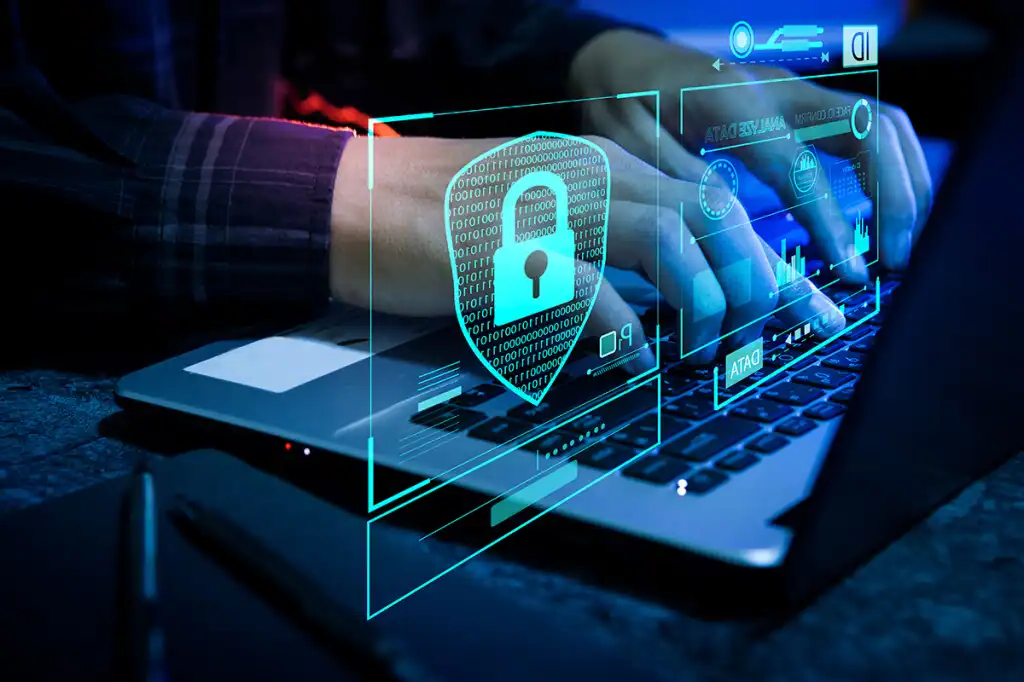The Importance of Strong Passwords in Cybersecurity in 2023

Strong Passwords in Cybersecurity
Making it more important than ever to protect our digital identities with Strong Passwords in Cybersecurity. In today’s digital world, our personal and professional lives are becoming increasingly dependent on the internet. From online banking and shopping to social media and email, we rely heavily on technology to keep us connected and make our lives easier. However, with this increased reliance comes an increased risk of cyberattacks,
In this article, we’ll explore the importance of strong passwords in cybersecurity and offer some tips on how to create and manage secure passwords.
What is a Strong Password?
A strong password is a combination of letters, numbers, and symbols that is difficult for others to guess or hack. The longer and more complex the password, the harder it is to crack. Ideally, a strong password should be at least 12 characters long and contain a mix of upper and lower case letters, numbers, and special characters.
Why are Strong Passwords Important?
The primary reason to use a strong password is to protect your digital identity and prevent unauthorized access to your online accounts. Cybercriminals are constantly looking for ways to steal passwords and gain access to sensitive information, such as financial data or personal identification details. They can use this information to commit fraud, steal money, or even blackmail you.
Strong passwords can also help protect against password reuse attacks, where cybercriminals use passwords stolen from one site to gain access to other accounts with the same password. Using a unique and strong password for each account reduces the risk of a successful attack.
How to Create a Strong Password?
Creating a strong password can be a challenging task, but there are some simple tips you can follow to make it easier:
- Use a mix of characters: A strong password should contain a combination of upper and lower case letters, numbers, and special characters.
- Avoid personal information: Do not use personal information such as your name, birthdate, or address as your password.
- Use a passphrase: Consider using a passphrase instead of a single word. A passphrase is a series of words that are easy for you to remember but difficult for others to guess.
- Don’t reuse passwords: Use a unique password for each account to reduce the risk of password reuse attacks.
- Consider a password manager: A password manager is a tool that helps you generate and store strong passwords securely. You only need to remember one master password to access all your other passwords.
How to Manage Your Passwords?

Creating strong passwords is just the first step in protecting your digital identity. You also need to manage your passwords securely to ensure they are not easily compromised. Here are some tips for managing your passwords:
- Use two-factor authentication: Two-factor authentication adds an extra layer of security to your online accounts. It requires you to provide a second factor, such as a code sent to your phone, in addition to your password to log in.
- Update passwords regularly: Regularly changing your passwords can help reduce the risk of a successful cyberattack.
- Be careful when sharing passwords: Do not share your passwords with anyone, including friends or family. If you must share your password, consider using a password manager to share it securely.
- Use a password manager: As mentioned earlier, a password manager can help you generate and store strong passwords securely.
- Use strong security questions: Security questions are used as a backup when you forget your password. Choose strong security questions that are not easily guessed by others.
Read More:5 Cybersecurity Threats That Could Cripple Your Business in 2023
Conclusion
strong passwords are essential for protecting your digital identity and preventing cyberattacks. By following these simple tips for creating and managing strong passwords, you can reduce the risk of unauthorized access to your online accounts and keep your sensitive information safe. Remember to use unique passwords for each account and consider using a password manager to help you manage your passwords securely. Additionally, be sure to update your passwords regularly and use two-factor authentication for an extra layer of security.
It’s also important to note that while strong passwords are crucial, they are not the only line of defense against cyberattacks. It’s important to stay vigilant and informed about the latest cybersecurity threats and take proactive measures to protect your devices and networks, such as using antivirus software and keeping your operating system and applications up to date with the latest security patches.
In conclusion, strong passwords are an essential component of cybersecurity, and taking the time to create and manage them properly can go a long way in keeping your digital identity safe. By following the tips outlined in this article, you can strengthen your online security and protect yourself against potential cyber threats. Remember, in the digital age, it’s better to be safe than sorry when it comes to protecting your sensitive information.










